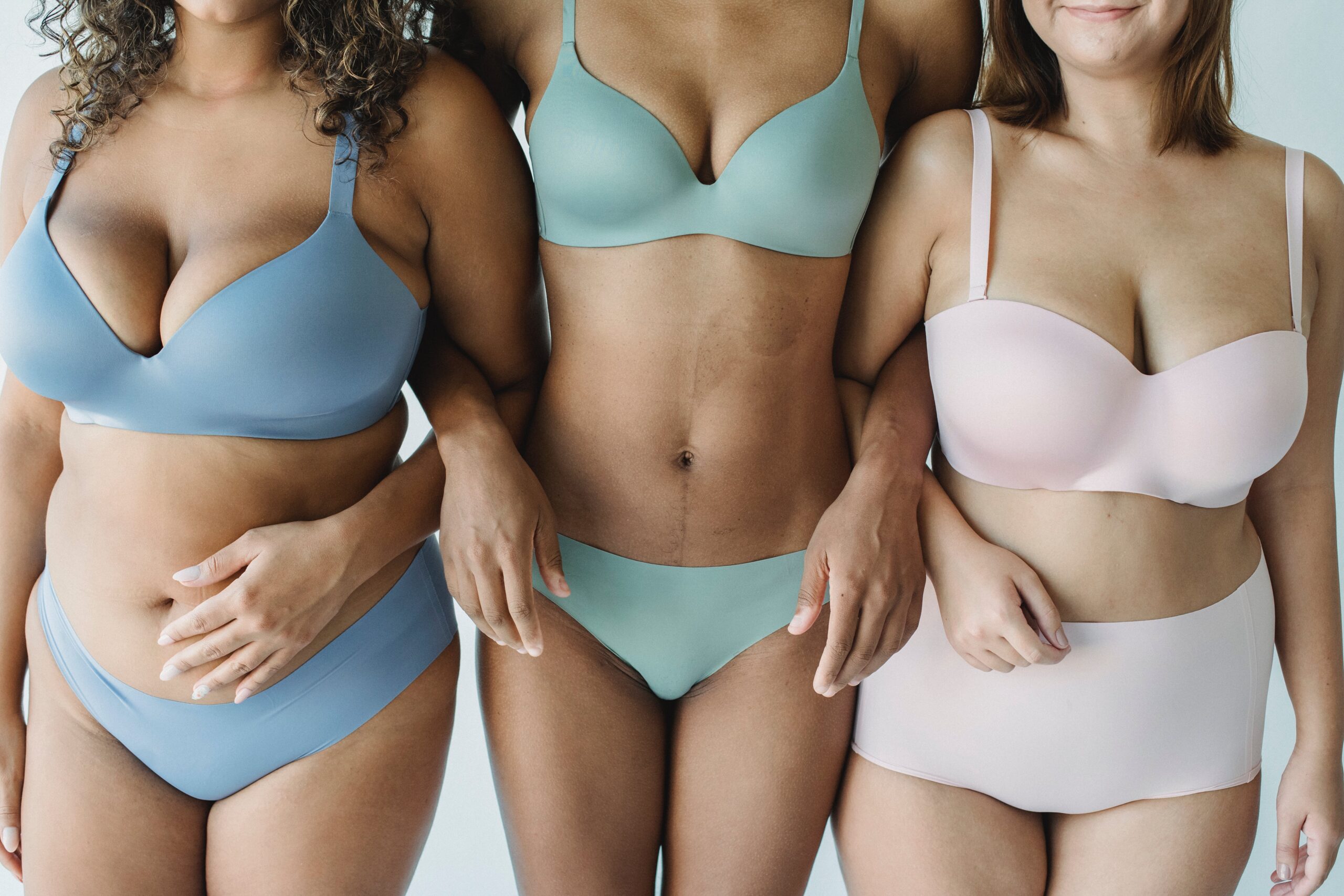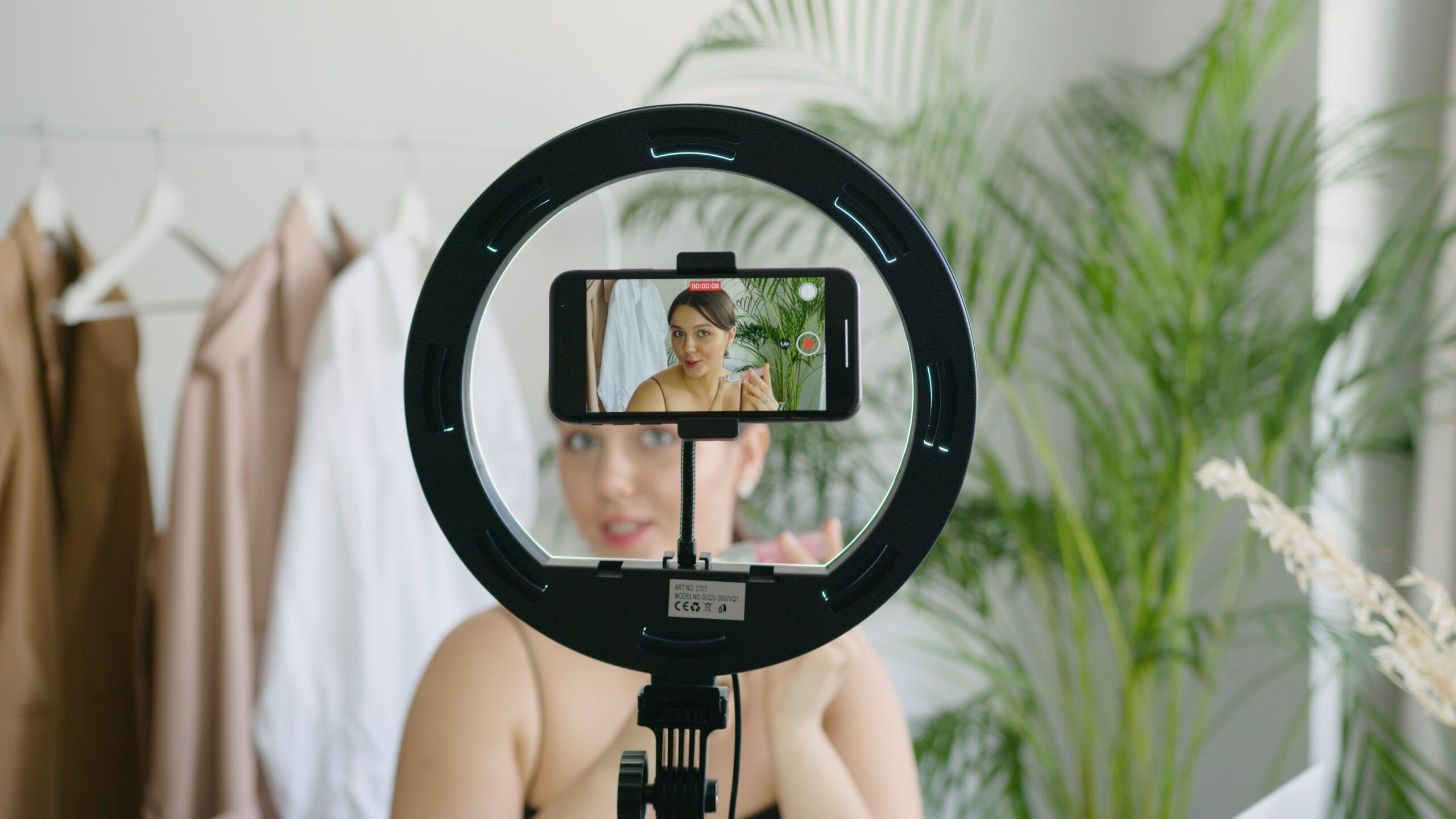Fashion is all about perception. When it comes to psychology in the fashion world, Albert Bandura’s Social Learning theory is a useful way of thinking about how models and clothing are perceived. Bandura suggested that humans pick up attitudes and behaviors by observing and imitating role models around us.
The fashion industry consistently exposes us to idealized models and clothing trends to cultivate an idea of what beauty should be. Exposure acts as a powerful influencer, shaping our expectations and beliefs about what we think is the ‘ideal’ body image.

Not everyone is satisfied with how their bodies look, and often, people turn to the media for guidance. The more important a person sees someone that they idolise, the more pressure they feel to reduce any sort of difference between them.
According to recent research, women are regularly exposed to models, actors/actresses and social media influencers who do not offer accurate representations of the range of body types that are seen across the general population.
Although diversity is slowly improving, the ‘ideal’ woman is depicted as tall, skinny and white. Constantly looking at models with this ideal image being promoted enables others to internalize that being thin is being beautiful. Did you know that 50% of girls have body image concerns by the age of 13 and 80% by the age of 17?
Body Image and Self-Esteem
In a recent experimental study, 185 women and 118 men completed 8 visual analog scales before and after being shown thin-ideal, fitspirational and plus-size body content on social media. The authors found that participants faced post-exposure changes in body image as well as low self-esteem when exposed to thin-deal and fit models.
When participants were exposed to plus-size body types, body dissatisfaction and depression decreased while self-esteem increased.
Another study stated that those who compared themselves to others expressed more concern about physical appearance, had high body and weight dissatisfaction and lower confidence.
This aligns with Bandura’s modeling process, wherein attention to idealized models, retention of observed behaviors, reproduction of those behaviors, and motivation to demonstrate learned behavior collectively contribute to the influence of social learning.
Body Dissatisfaction & Eating Disorders
However, reproduction and motivation are possibly the most dangerous. Why? It is because when the perception and concept of one’s body is challenged, i.e, their body type is not what they would like it to be, the individual may experience body dissatisfaction, which is a major risk factor for eating disorders.
It is noted that people would compare themselves to others and become aware of how different they looked from the other or how they wished to look like them and with the media encouraging weight loss made them feel as though losing weight was desirable.
Reinforcing the message of thinness within the media not only influences personal perceptions but also fosters societal norms that may be harmful to mental health as seen in this research that states women are more likely to suffer from body dissatisfaction and develop eating disorders when exposed to content, especially body image content on social media.
The expectation to conform to idealized body types can lead individuals to believe that their natural appearance is unacceptable, perpetuating a cycle of discontent and potentially contributing to various mental health challenges.

The Impact of Body Positivity
This ideology can and must be changed.
A study conducted in 2021 where 233 females were assigned to one of 3 groups; the body positive group, the body positive group with captions, and the control group. The results stated that those who were exposed to body positive content showed improvements in body satisfaction showing that if we were to post more about different body shapes, sizes and colors the degree of how happy we, as individuals, are with our physical selves will likely increase.
Recognising the profound impact of idealized models through the lens of Bandura’s Social Learning Theory is crucial for fostering a more inclusive and positive fashion culture that embraces the diversity of body shapes and sizes.
By understanding this we may be able to create changes to the body positive movement to create a more safe social environment for everyone.



